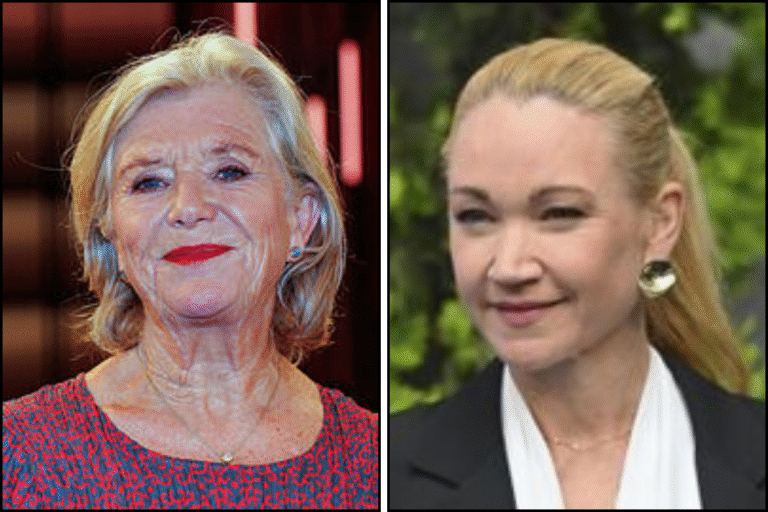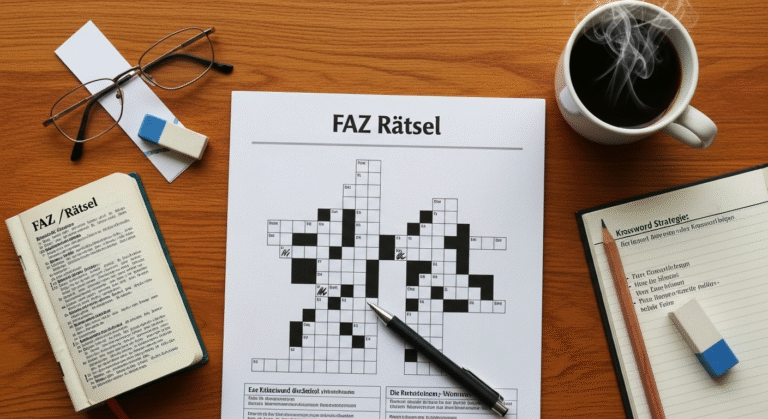
washington state gambling commission
The Washington State Gambling Commission maintains the integrity and fairness of gambling across Washington state. As the oldest independent gambling regulatory agency in the U.S., it oversees licensing, enforcement, tribal gaming compacts, and compliance, ensuring all bets are within the law.
Whether you’re a casino owner, an online gaming enthusiast, or simply curious about the rules behind gambling in Washington, understanding the Washington State Gambling Commission is crucial. This comprehensive guide explores the commission’s history, roles, regulations, enforcement methods, and its evolving relationship with online and tribal gaming.
The Role and Mission of the Washington State Gambling Commission
Established in 1973, the Washington State Gambling Commission’s mission is to protect the public by ensuring gambling is legal and honest. The commission operates independently, providing transparency and accountability in oversight.
The WSGC oversees more than 70 licensed card rooms, 100+ charitable gambling organizations, and 29 tribal casinos. The commission enforces state laws, investigates illegal operations, and educates both the public and gambling operators on best practices.
Licensing and Regulatory Oversight
To legally operate a gambling business in Washington, entities must obtain the appropriate license from the Washington State Gambling Commission. This includes licenses for card rooms, bingo halls, raffles, amusement games, and gambling service suppliers. The licensing process involves background checks, financial audits, and a thorough vetting of all key personnel involved in the operation.
The WSGC doesn’t just hand out licenses—it continually monitors licensees for compliance. Licensees must renew their permits regularly and are subject to random audits and inspections. Any breach of rules can lead to license suspension, revocation, or financial penalties.
Additionally, the commission provides ongoing education and training to license holders to stay updated on changing laws, anti-money laundering practices, and responsible gambling protocols. Through robust regulatory oversight, the WSGC maintains one of the most stringent gambling environments in the nation.
Enforcement and Investigations
One of the most critical aspects of the Washington State Gambling Commission’s work is enforcement. The commission employs a dedicated team of special agents and law enforcement officers who investigate illegal gambling activities such as unauthorized poker rooms, illegal sports betting, and unlicensed gaming machines.
The WSGC partners with federal, state, and tribal authorities to dismantle organized criminal networks that use gambling as a front for money laundering or fraud. Their enforcement arm is well-equipped with advanced forensic tools, undercover agents, and surveillance technology to ensure no unlawful gambling slips through the cracks.
A notable achievement of the WSGC includes the successful shutdown of multiple illegal online gambling operations that targeted Washington residents. These enforcement actions not only protect legal gambling businesses from unfair competition but also safeguard players from rigged games or scams.
Tribal Gaming and Compacts in Washington State
Tribal gaming plays a significant role in Washington’s gambling landscape, and the Washington State Gambling Commission plays a key part in managing the relationship between the state and tribal governments. There are currently 29 federally recognized tribes in Washington, and many of them operate casinos under tribal-state gaming compacts negotiated with the WSGC and the Governor’s Office.
These compacts dictate the types of games allowed, revenue-sharing agreements, licensing standards, and enforcement cooperation. Tribal casinos can offer Class III gaming, which includes slot machines, blackjack, roulette, and other table games, provided they comply with compact terms.
The commission does not regulate the tribes directly but collaborates with tribal gaming commissions to ensure compact compliance. This partnership ensures fair play, financial transparency, and adherence to responsible gaming practices. The success of these compacts is often viewed as a national model of effective tribal-state cooperation in gambling regulation.
Online Gambling and Future Outlook
Online gambling in Washington state is tightly regulated and, in most cases, prohibited. The Washington State Gambling Commission has taken a firm stance against unauthorized online gaming platforms. It is currently illegal for residents to place bets online through unlicensed operators, making Washington one of the strictest states in terms of digital gambling laws.
That said, the landscape is evolving. The commission has started to explore the integration of regulated online sports betting in partnership with tribal casinos. As of 2023, mobile sports betting is permitted on tribal lands but not off-reservation. The WSGC is working closely with lawmakers and tribal authorities to potentially expand legal online gambling options in a safe and controlled manner.
Looking forward, the commission’s strategic plan focuses on incorporating new technologies, enhancing cybersecurity, and improving accessibility to player protection tools. Washington may see a future where certain forms of online gambling become legal under the WSGC’s strict regulatory framework, but any such changes will undergo thorough legislative and public scrutiny.
Conclusion
The Washington State Gambling Commission is a model of integrity, transparency, and enforcement in the world of gambling regulation. From licensing and compliance to enforcement and future planning, the WSGC plays an essential role in ensuring that gambling within the state is legal, fair, and beneficial to the public. As the industry evolves with the rise of online platforms and new gaming technologies, the commission remains steadfast in its mission to protect the interests of players, operators, and the broader community.
FAQs About the Washington State Gambling Commission
1. What is the Washington State Gambling Commission?
The Washington State Gambling Commission is an independent regulatory agency that oversees all legal gambling activities in Washington.
2. When was the commission established?
The commission was founded in 1973 and is the oldest independent gambling commission in the U.S.
3. What types of gambling does the WSGC regulate?
It regulates card rooms, charitable gaming, pull-tabs, bingo, raffles, and tribal gaming in coordination with tribal authorities.
4. Is online gambling legal in Washington state?
Online gambling is largely illegal, except for mobile sports betting on tribal lands.
5. How can I get a gambling license in Washington?
You must apply through the WSGC, pass background checks, and comply with detailed regulatory requirements.
6. What are the penalties for illegal gambling in Washington?
Illegal gambling can result in hefty fines, license revocation, or even criminal charges.
7. Can tribes operate casinos independently in Washington?
Yes, but only under approved tribal-state compacts negotiated with the WSGC and the state government.
8. Does the commission handle complaints from the public?
Yes, the public can file complaints regarding gambling fraud, licensee misconduct, or illegal operations.
9. How does the WSGC support responsible gambling?
They mandate educational training, support self-exclusion programs, and provide public awareness campaigns.
10. Where can I learn more about gambling laws in Washington?
Visit the official Washington State Gambling Commission website for resources, legal updates, and licensing info.






